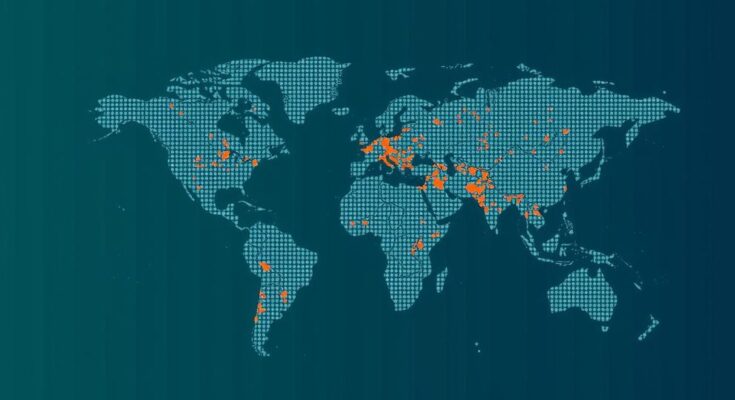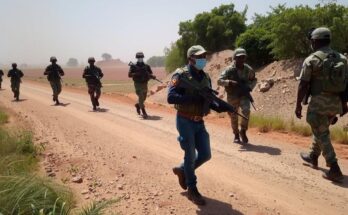1. Egypt has been certified as malaria-free by WHO, celebrating a historic victory in public health. 2. Cuba faces severe outages and flooding due to Tropical Storm Oscar, with UN support mobilized. 3. In Mozambique, violence following contested elections has resulted in the killing of opposition figures. 4. WHO is addressing a humanitarian crisis in South Sudan due to severe flooding affecting hundreds of thousands.
The World Health Organization (WHO) has recently recognized Egypt as malaria-free, marking a historic milestone in the nation’s century-long battle against the disease. WHO Director-General Tedros Adhanom-Ghebreyesus expressed that this certification is a monumental achievement, reflecting Egypt’s dedication to eradicating the disease that has plagued its history. Egypt joins the ranks of only two other nations in the Eastern Mediterranean region—United Arab Emirates and Morocco—and a total of 44 countries globally that have achieved similar status, affirming its significant contribution to the worldwide fight against malaria. In contrast, Cuba is currently enduring severe challenges as a result of Tropical Storm Oscar, which has severely disrupted the nation’s power grid, affecting approximately 10 million residents. The United Nations (UN) is poised to provide assistance as the Caribbean nation grapples with operational failures attributed to infrastructure issues, fuel shortages, and external factors such as the US trade embargo. The storm’s slow progression is causing substantial rainfall, leading to increased potential for flooding. UN Deputy Spokesperson Farhan Haq assured that the UN is prepared to mobilise technical assistance to aid Cuba. In Mozambique, the UN Secretary-General António Guterres has called for restraint and thorough investigation following the killings of two opposition leaders amid contentious elections. The unfortunate incidents have raised tensions, and Guterres has urged for justice while encouraging all parties to remain calm as electoral results are awaited. Amid extreme flooding in South Sudan, the WHO is collaborating with local authorities to address the humanitarian crisis that has displaced thousands. With 890,000 individuals affected and severe impacts on health infrastructure, the WHO has delivered emergency health kits capable of supporting over 870,000 individuals. This situation is exacerbated by the ongoing refugee crisis from the conflict in Sudan, highlighting the urgent need for humanitarian intervention and health services.
This report encompasses several notable developments from various countries, highlighting both achievements and ongoing crises. Firstly, Egypt has garnered international recognition for its success in eradicating malaria, a major public health victory. Globally, malaria remains a significant health concern, especially in densely populated regions. The announcement from WHO illuminates the advancements made in public health interventions in Egypt. Simultaneously, Cuba faces a dual crisis of power outages and natural disaster, exacerbated by long-standing economic issues and recent climatic challenges brought about by Tropical Storm Oscar, which poses significant risks of flooding. The response from UN agencies underscores the importance of international support during calamities. In Mozambique, political tensions have erupted into violence, leading to the murder of opposition figures, emphasizing the fragile political climate and the critical need for dialogue and calm amidst electoral disputes. Guterres’ call for an investigation reflects the UN’s commitment to supporting political stability. Lastly, South Sudan’s flooding crisis is a dire consequence of both natural disasters and ongoing humanitarian struggles, with WHO’s response demonstrating the urgent intervention required to combat health emergencies in the wake of environmental challenges.
In summary, this briefing underscores two significant global health victories and ongoing humanitarian crises. Egypt’s certification as malaria-free by the WHO stands as a landmark achievement in disease eradication efforts. In contrast, Cuba’s response to a debilitating tropical storm reveals vulnerability amidst systemic challenges, while Mozambique grapples with political violence precluding stability. Meanwhile, WHO’s proactive measures in flood-affected South Sudan illustrate the continuous need for health interventions in the face of climate-related disasters. This collection of current events emphasizes the complexities of global health and governance, along with the essential role of international cooperation in addressing such challenges.
Original Source: news.un.org




